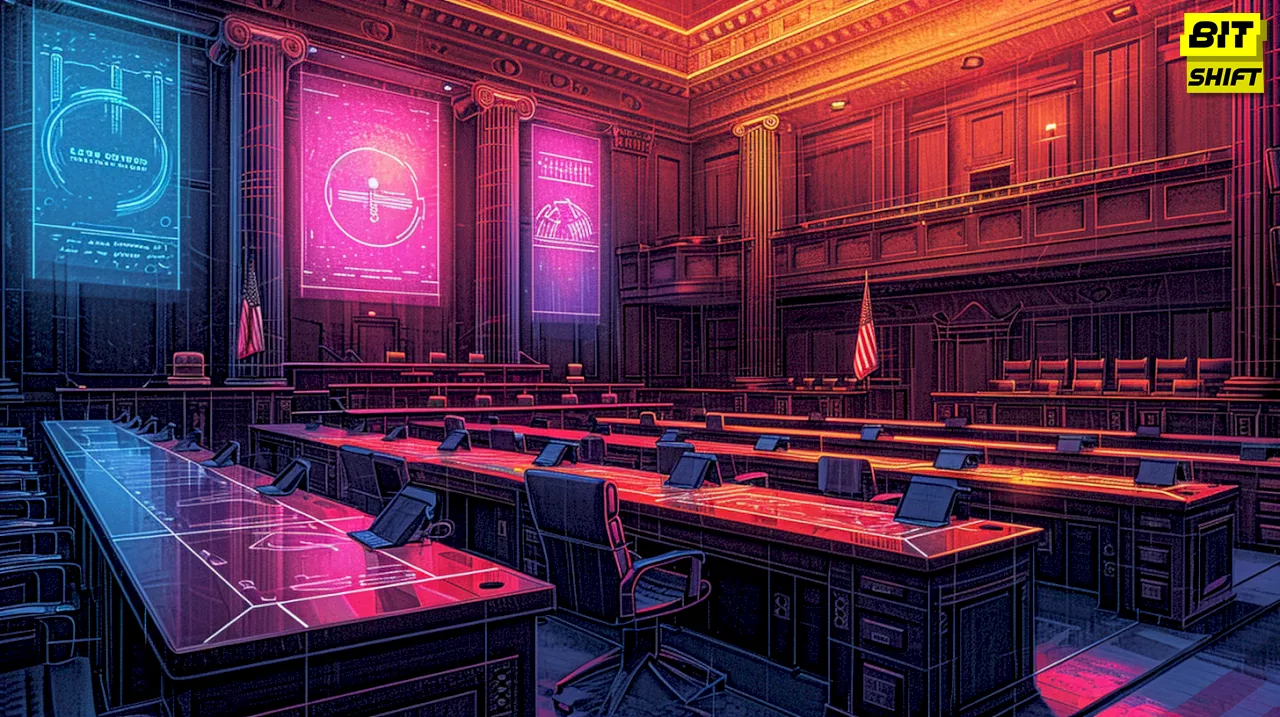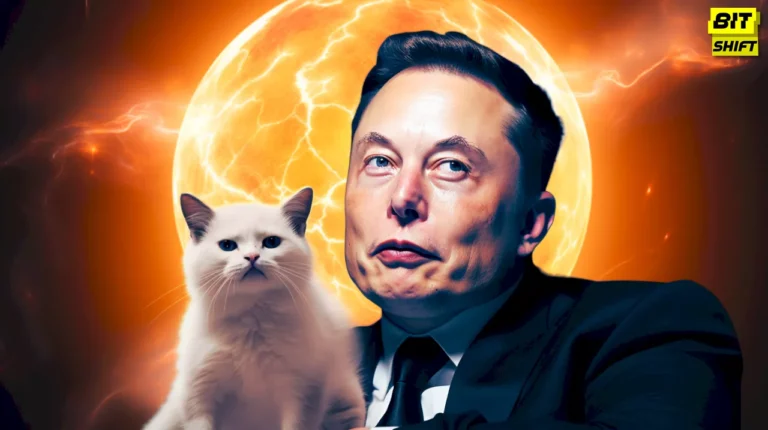
Summary
The increasing scrutiny of big tech and AI companies by global regulators. It highlights notable cases of regulatory actions, the motivators behind the push for greater oversight, and the potential implications for the future of technology.
As we navigate through 2024, a significant regulatory landscape shift is observed worldwide. The era of tech exceptionalism, where legal rules seemed to have limited applicability, is ending. The assumption that law and regulation cannot keep pace with the rapid strides of technological innovation is being debunked.
“In the face of rapid technological advancement, regulators worldwide are stepping up and asserting their authority over big tech and AI companies.”
The Changing Tide in the United States
In the United States, the absence of federal privacy legislation has led regulators to repurpose existing laws to tackle the most blatant instances of big tech companies misusing personal data and infringing upon consumer rights. The US Federal Trade Commission (FTC) has been particularly active in expanding the regulatory power of consumer protection regulations.
In a landmark case, the FTC imposed a half-billion-dollar fine on Fortnite maker Epic Games for the deceptive use of dark patterns, a design strategy used by apps and websites to manipulate users into unintended actions. Amazon was also severely punished due to significant privacy breaches involving its Alexa and Ring doorbell devices. The FTC’s assertive stance is expected to continue, with new rules being introduced to regulate commercial surveillance and digital security.
Regulatory Actions Across the World
The FTC’s successes inspire regulators in other parts of the world to follow suit. For instance, the French Data Protection Authority (CNIL) penalized Clearview AI with a record €20 million fine for failing to comply with a 2021 ruling that ordered the company to cease collecting and using data from French citizens.
Meanwhile, OpenAI’s CEO, Sam Altman, started 2023 by advocating for global AI regulation. However, he disagreed with the EU AI Act, a European proposed regulation. In response, Italian regulators halted the operation of ChatGPT, albeit temporarily, using existing regulations. Ongoing intellectual property lawsuits, such as the one against Microsoft, further indicate a turbulent future for the generative AI business model.
Considering Societal Impacts
The focus of regulators is not limited to the individual impacts of technology. In 2024, there is a growing emphasis on understanding the broader societal, market, and business implications. For instance, antitrust actions launched in the US and the EU in 2023 challenge Google’s dominance in the ad tech market, potentially shaking the foundations of the programmatic advertising model that has largely shaped the internet as we know it.
The End of the Regulatory Void
The regulatory void that big tech companies have long enjoyed seems to be nearing its end. While new laws like the AI Act, the Digital Services Act, and the Digital Markets Act in the EU are taking shape, courts and regulators continue applying existing laws to the new ways technology impacts our daily lives.
Various legal tools, including human rights and civil liberties law, competition law, consumer rights law, intellectual property, defamation, tort, employment law, and others, are being employed to address the real-life harms caused by technology, including AI. The dawn of regulatory oversight over big tech companies marks a significant shift in the landscape, promising a future where technological innovation is balanced with protecting individual rights and societal well-being.
Share the Article by the Short Url:






